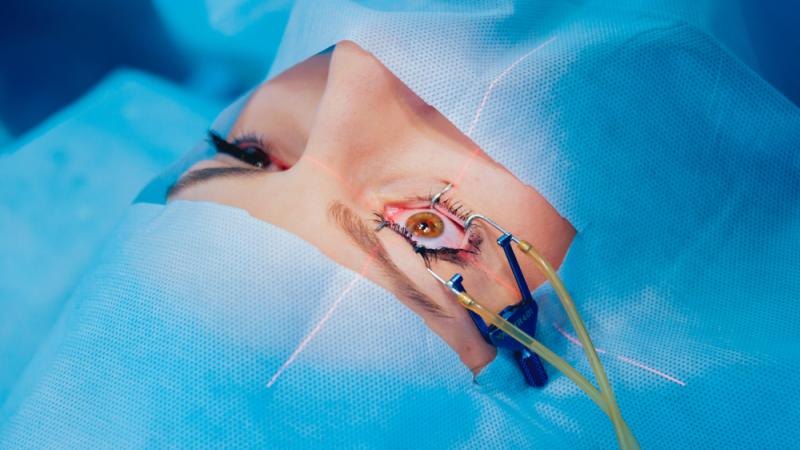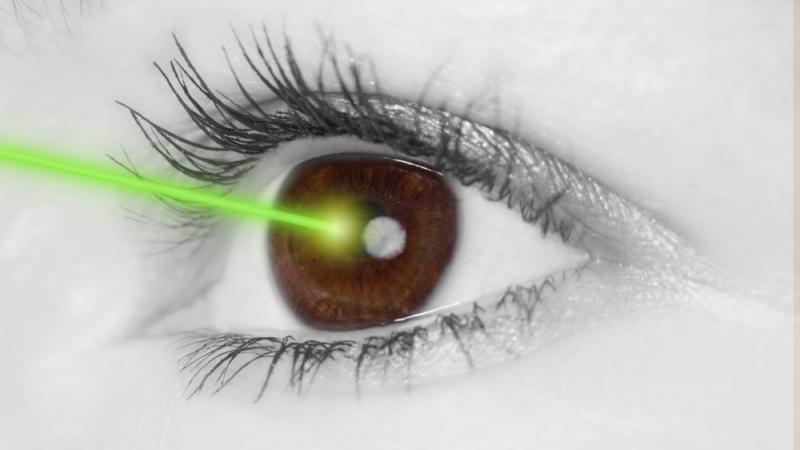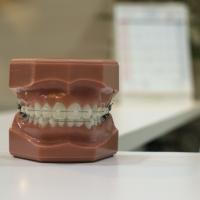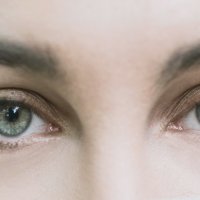Home > Blog > Skin and Body
How Can Rochester Lasik Surgery Help You?

If you’ve been wearing contact lenses or eyeglasses for a long time already and are looking for another option, Lasik surgery may be helpful. Lasik or laser-assisted in-situ keratomileusis surgery is a refractive eye surgery, which works to improve problems in vision brought about by several eye conditions. In New York, this treatment is available at Robbins Eye clinic.
How Can Lasik Surgery Help?
Lasik eye surgery is an outpatient procedure, which is performed for 10 to 15 minutes for each eye. Lasik surgery can provide numerous benefits for patients who have been constantly wearing eyeglasses. The following are the ways Lasik eye surgery can help you:
- Improve Your Vision
This is the main objective of the surgery: to improve the patient’s vision. Patients who have undergone the procedure enjoyed better vision. Lasik surgery is among the most popular eye surgeries in the US and most of these patients reported great satisfaction of the procedure, wherein around 98 percent of Lasik patients had 20/20 vision and 40 to 50 percent are found to have better than 20/20 vision.
To see clearly, your eye’s lens and cornea should refract or bend light rays correctly and make the image focused on the retina. If this is not the case with your situation, you will have blurry vision.
The blurriness that a person experiences is medically called as “refractive error,” which is triggered by the difference between the eye length and the cornea curvature.
Lasik eye procedure uses an ultraviolet or excimer laser to remove a thin corneal tissue layer, giving the cornea a shape. With this new form of the cornea, the light rays that reach your eyes are clearly focused on the retina to create clear images.
- Permanent Results
After a stabilization period of around 3 months, which will allow the eyes to adjust, the results are expected to last for the rest of the patient’s life. The patient doesn’t need to go for a follow-up procedure unless it’s determined that the surgery under- or over-corrected his vision. Otherwise, the patient’s improved vision should be expected to last except for any normal vision loss brought about by illness or aging.
Most of the time, the results obtained with Lasik surgery are permanent. However, there are several cases when some farsightedness or nearsightedness can recur after some time, which causes the patient to experience blurry vision again. This recurrence is usually a result of some natural changes that happen in the eye’s lens.
If a patient experiences such regression and becomes inconvenient for them, they may opt to have a follow-up procedure to help restore their clear vision. This supplemental procedure is called Lasik enhancement.
In many cases, however, patients who experienced tiny refractive changes after the procedure were not bothered by these changes and didn’t feel the need for supplemental vision correction. Depending on the policies of the clinic or surgeon and how soon after the first Lasik procedure, there may or may not be added costs.

- Quick Results and Recovery
Right after the procedure, a patient shouldn’t be allowed to drive home. Visual recovery can vary from at least a day to a week after the procedure. Most patients return to their normal daily activities within one to two days after the surgery. But if your workplace is dusty or smoky, you may have to take things slowly to ensure permanent results.
For many patients, it may take them one to two months for their vision to completely stabilize. While each one is different, most Lasik surgery patients were observed to have legal driving vision as soon as the following day after the procedure. This is one of the best advantages of the procedure: improved vision is enjoyed immediately. Although your vision may not be very clear at first, this is normal, and you can expect it to improve each day. You should regain your healthy eyes sooner than you expect.
- No Need to Wear Contact Lenses
Although Lasik surgery is pricier than wearing contact lenses, the procedure will only be paid once. With contacts, there is an expected ongoing maintenance cost, not to mention the inconvenience and struggle of wearing them every day.
- Eliminate the Need to Wear Glasses
While some people find it cool to wear eyeglasses, others find it a real hassle. After Lasik surgery, you can make a statement by just taking off those corrective glasses and wear any style of eyewear you choose.
- No Stitches Needed After the Surgery
Most surgical operations involve complicated aftercare procedures because of stitches that need to be kept from infection. With Lasik eye surgery, you don’t need to worry about aftercare so much because you don’t have to deal with stitches or bandages to clean during your recovery.
What Happens after Surgery?
After Lasik eye surgery, the doctor will let you rest for some time. By now, you may feel an itching or burning sensation. The doctor will conduct a post-operative exam before you can go home. You should have someone to drive you home after the procedure as you won’t be allowed to drive until your doctor checks your vision the next day to confirm that it meets the legal standards for driving.
The clarity of your vision should improve the following morning after the procedure. But after the procedure, you will experience haziness and blurry vision. Your eyesight should continuously improve in the following days. In some rare cases, the overall improvement may take several weeks. But for most people, their vision should improve immediately.
Your doctor may also warn you against doing any strenuous activities for at least a week as it may affect your eyes’ healing.
Final Thoughts
Lasik surgery is a quick procedure that should let you regain your vision. It has been found to help many patients improve their eyesight enough to eliminate the need to wear prescription glasses and contact lenses. Because of its lasting results, many people seek to undergo this surgery. However, it’s important to find a certified eye professional to work with you to know if you’re a good candidate for Lasik surgery.
More to Read:
Previous Posts:






